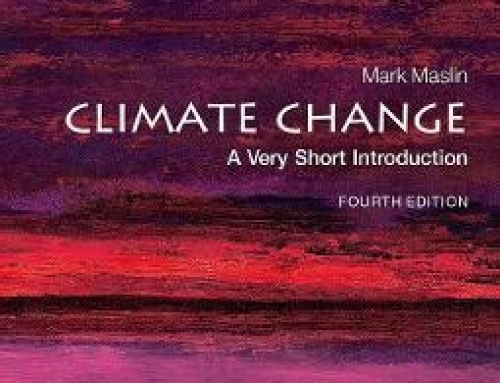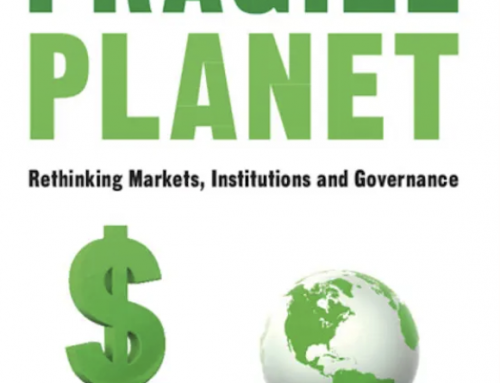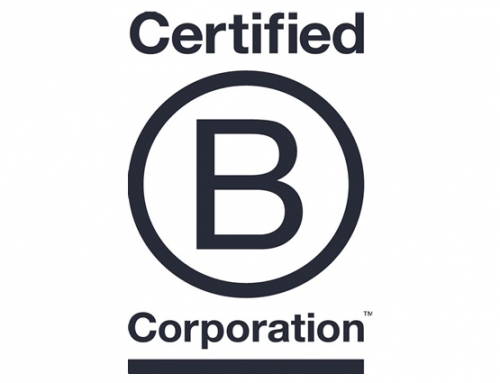I was interested to read that John Elkington (dubbed the ‘godfather of sustainability’), in his new book Green Swans, essentially retracted his original concept of the Triple Bottom Line (the 3 Ps: People, Planet, Profits).
Not because it was a bad idea, but because he was so dismayed by how it was being used, or misused, by businesses. He felt, and I would agree, that many organisations were hiding behind the construct, just playing lip service and using it as a tick box exercise – without any real genuine desire to change the fundamentals of their commercially-driven business models.
One factor here is possibly that of non-financial reporting – something highlighted in a recent blog post by Professor Wayne Visser (sustainability transformation thought leader and tutor at the Cambridge Institute of Sustainability Leadership). “The reason financial reporting works is because it’s standardised. Non-financial reporting (#CSR, #sustainability, #ESG or #SDG reporting) isn’t there yet.” There are a lot of people working on this, but for now it remains elusive.
I guess business loves a good structure and framework, as evidenced by the mountains of Excel spreadsheets churned out on a daily basis.
So as we await internationally recognised standards for non-financial reporting, the question still remains: how can a business easily quantify its impact on the planet and society?
I still believe the simplicity of the Triple Bottom Line works – particularly as it highlights both People and Planet. Where it falls down is when companies fail to attach tangible initiatives (with metrics and targets) to their beautifully crafted vision, value and purpose statements.
As is the style of The Ethical Business Book, I’m a fan of making things practical and straightforward. For the 3 Ps, this would be:
PROFIT:
Profit is not in itself a bad thing – businesses need to be commercially viable. It’s how you make the profit and what you do with it that matters.
PEOPLE – TO SERVE:
Does your business ‘serve’ society/humanity?
- Can you give specific examples of how your product or service helps people?
- Are there people who would genuinely benefit from your products or services but cannot afford them? How can you factor in some free or subsidised access (paying it forward initiatives)?
- What specifically do you do to ‘serve’ your employees, your suppliers, your neighbours or communities?
PLANET – TO PRESERVE:
Does your business ‘preserve’ natural resources?
- Do you have a robust plan to reduce carbon emissions (net zero)?
- Where do you currently demonstrate product recycling, refurbishing, remanufacturing (circular economy)?
- How do you encourage responsible consumption?
And why should business bother? Because it makes commercial sense.
Perhaps unsurprisingly, 46% of consumers continue to appreciate when companies communicate honestly and show social purpose. With this in mind, brands and retailers that can demonstrate a positive contribution to the environment and society – and communicate this message authentically – will likely continue to be at the forefront of consumers’ minds in the future. Specifically in relation to Covid-19, brands that have been seen to be supporting meaningful causes and using their influence to do the right thing (whether out of goodwill or out of necessity e.g. getting rid of perishable stock) will reap brand advocacy benefits well beyond this period of disruption. McKinsey & Company Covid-19 Consumer response, Edition IV





